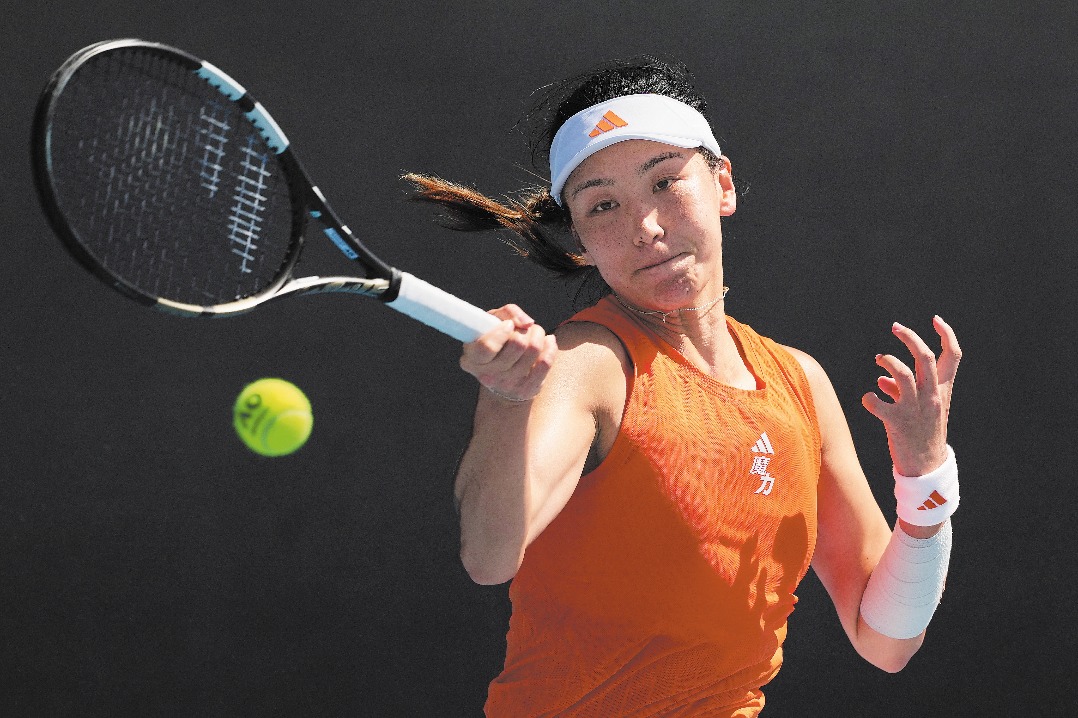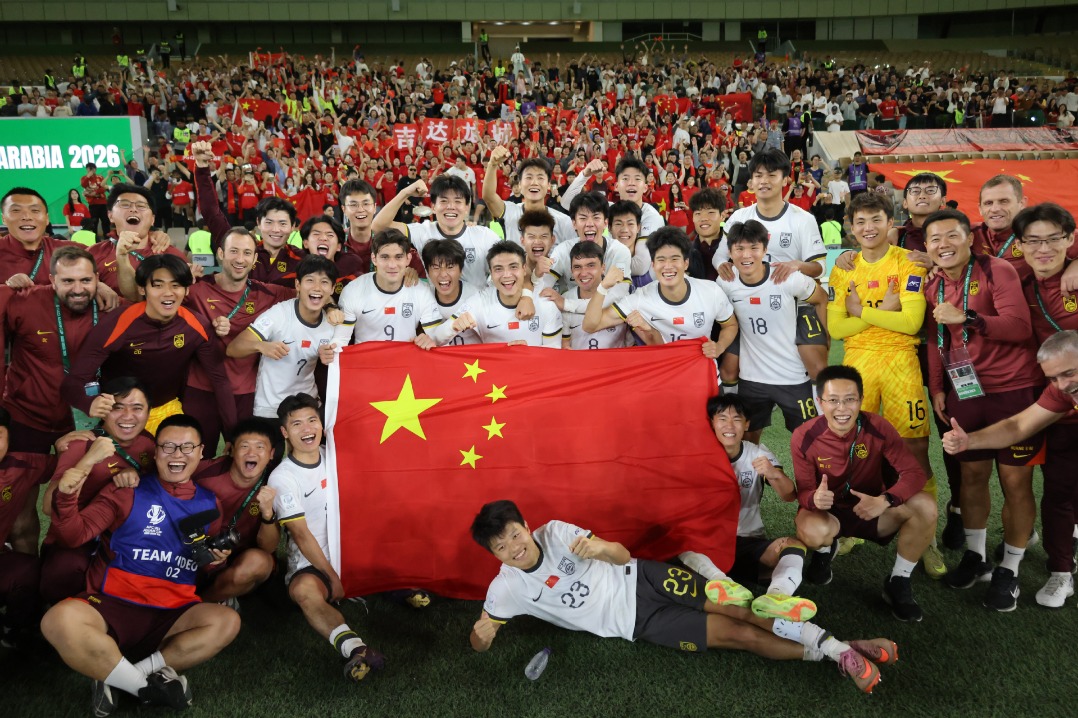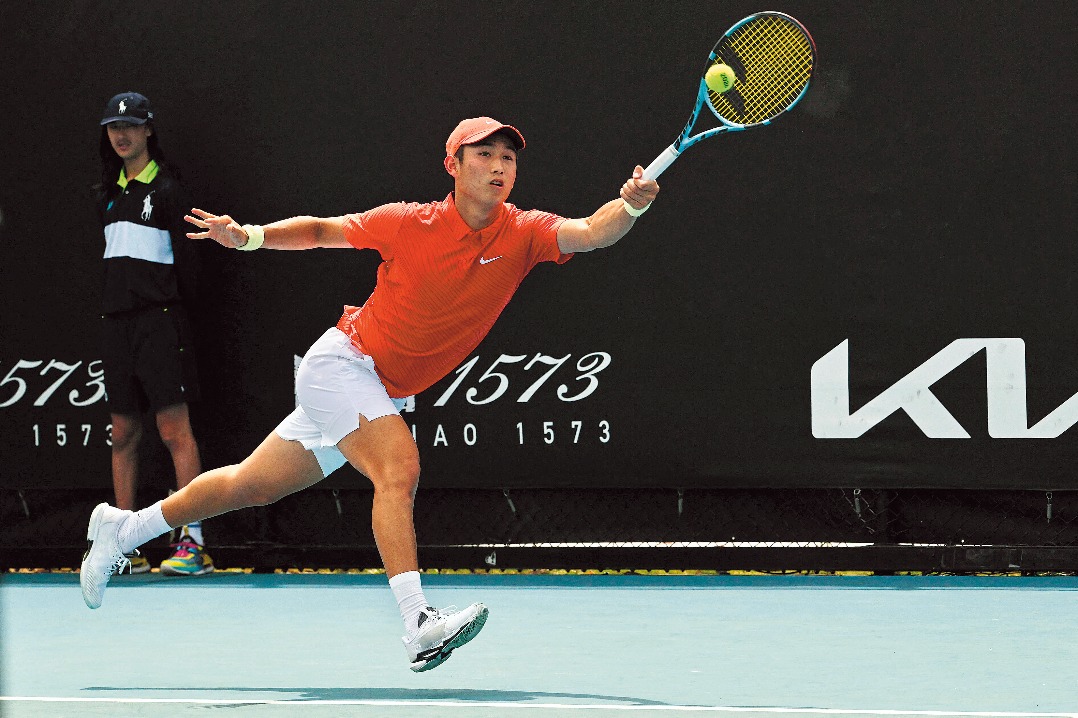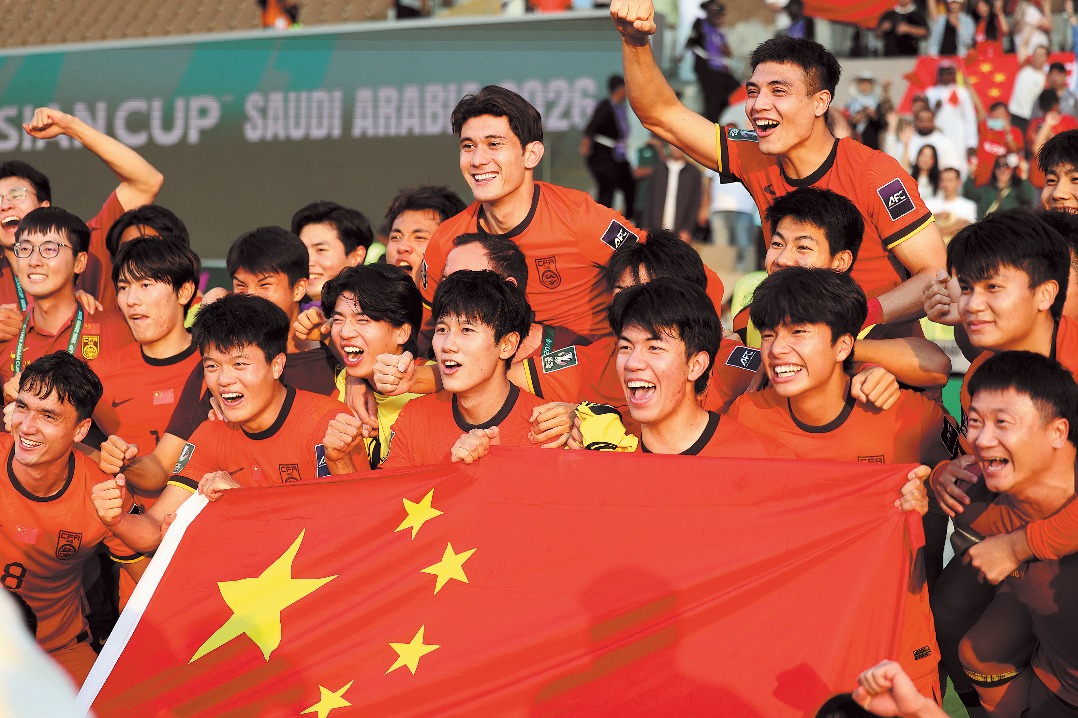Russians reeling from doping case

Curler's positive test poses tough questions for IOC
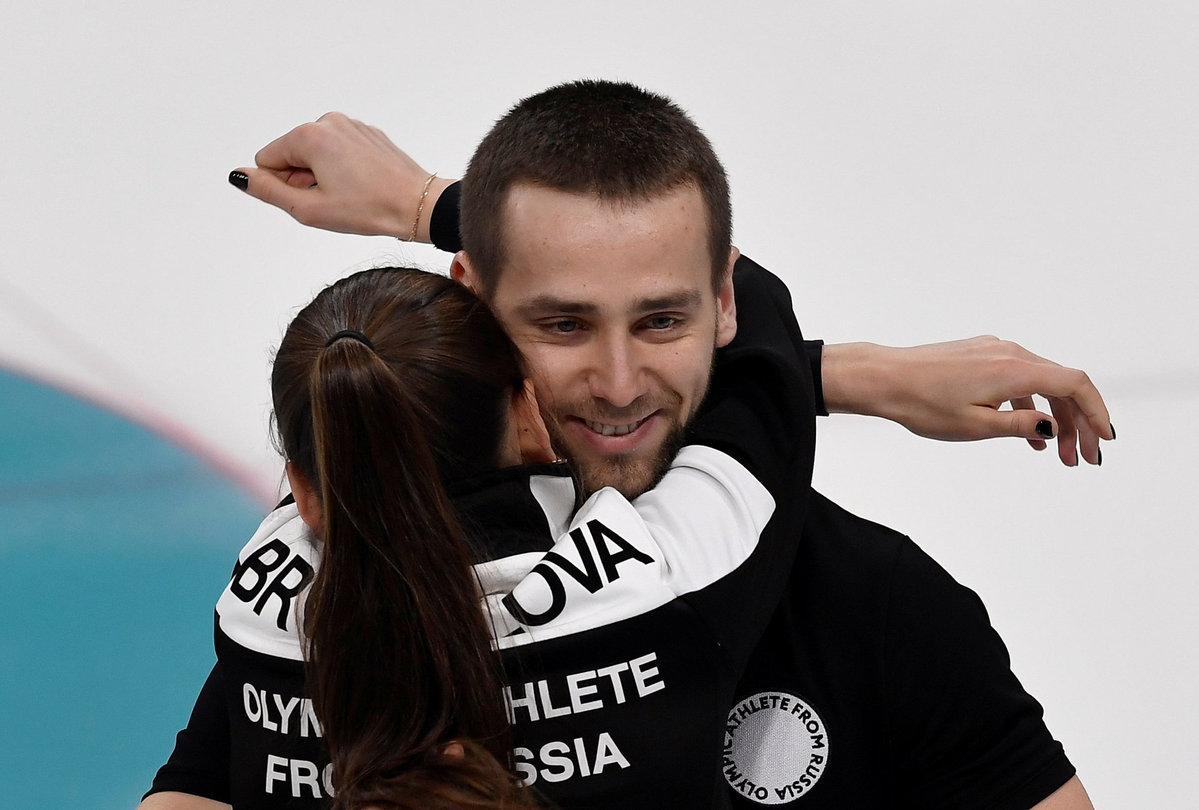
PYEONGCHANG, South Korea - A Russian curler who passed rigorous vetting to attend the Pyeongchang Games was hit by a drug case on Monday, raising questions over the testing program and the move to let Russians compete despite systemic doping.
Alexander Krushelnitsky, who won bronze in the mixed doubles curling with his wife, Anastasia Bryzgalova, was the subject of a new procedure at the Court of Arbitration for Sport's (CAS) anti-doping division.
The case could have wider repercussions - International Olympic Committee (IOC) officials will decide this week whether to lift a ban on Russia and let them march behind their national flag at the closing ceremony on Sunday.
Krushelnitsky was one of 168 athletes passed as "clean" and allowed to compete as neutrals following a targeted testing program stretching back over several months.
But it has emerged that he failed his A and B test samples and CAS will now decide if there has been a violation and on possible sanctions.
A source close to the matter told AFP the case involves meldonium, which increases endurance and helps recovery. Russian tennis star Maria Sharapova served a 15-month suspension after testing positive for the same substance in 2016.
Russia was banned as a team from the Olympics in December after investigations revealed an extensive doping plot culminating at the Sochi 2014 Winter Games, where the host topped the medal standings.
Russian curling coach Sergei Belanov earlier dismissed the claims against Krushelnitsky, saying doping would be "no advantage" in curling, a sedate ice sport.
"No benefits. No advantage," said Belanov, women's curling coach for the Olympic Athletes from Russia team, when asked why a curler would want to use performance-enhancing drugs.
"And I don't believe a young man chooses risk or will use the same drug that has been around for two years," he added. "It's stupid and Alexander is not a stupid man."
Krushelnitsky, 25, and his wife last week picked up bronze in the mixed doubles curling after beating Norway 8-4 in the third-place playoff.
"I would never believe someone on our team would do that. I can't imagine how he and his wife feel," said OAR women's curling captain Victoria Moiseeva.
The IOC said there could be "consequences" for Russia. A special panel will meet this week to discuss lifting Russia's suspension before the closing ceremony.
Asked if the Russian flag will be allowed at the closing ceremony, IOC spokesman Mark Adams said the panel will examine whether the "letter and the spirit of the (December) ruling" has been followed and "if it hasn't been there will obviously be consequences".
He said that the IOC stands by the decision to allow supposedly clean Russian athletes compete in Pyeongchang, saying they were "tested at significant levels more than others".
Agence France-presse
Most Popular
- Home skaters primed for final Olympic rehearsal in Beijing
- China's northernmost province embraces ice and snow sports craze
- Tributes pour in after passing of Go legend Nie, 73
- China's extreme sports season opens with underwater dance event
- China reaches knockout stage for first time in AFC U23 Asian Cup
- China ties Iraq 0-0 in its U23 Asian Cup opening match
















